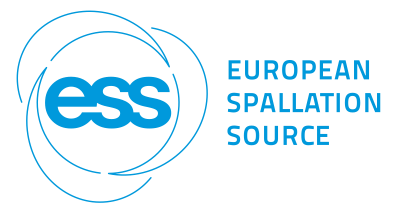-
Implementing Asset Management Tools and Procedures
Implementing asset management tools and procedures can always be a challenge; be it a greenfield company or a company with legacy information that needs to be taken care of. Presentations may include how to deploy new tools and functions, get the organization to adopt them, how to modify, create asset and maintenance related procedures and successfully roll them out into the organization.
-
Asset Management and Lifecycle
Equipment follow life cycles and during its life may require different types of information to be added onto the asset. Workshop topics can be around the full life cycle from entering an equipment to the decommissioning of equipment. Different type of meter readings, statuses, documentation, tracking of attributes and other properties as well as waste management.
-
Spare Part Management & Logistics
Spare part management is vital to successfully deploy a maintenance strategy to ensure that parts and spares are in place when needed. Topics can include how to optimize spares, material, stock and supplies. Also topics around labeling, marking and different technologies to use for warehouse management can be included.
-
Mobility
Requirements to work more mobile and not having to carry around laptops or papers while performing maintenance work is increasing and support is often offered from different vendors out of the box. Presentations in this area can cover strategies on how to utilize the power of mobility to increase effectiveness, how to transition from a non-mobile solution into a mobile one. Benefits and drawbacks of offing mobile solutions as an alternative and future possibilities.
-
Equipment Nonconformities
Nonconformities can significantly impact the maintenance scheduling and the lifetime of an equipment. The importance to track these and adopt maintenance plans accordingly are examples of subtopics that can be presented here.
-
Maintenance Work Orders and Permits
How to plan and perform maintenance workorders, may it be preventive, predictive or immediate requires procedures, but also flexibility and the correct approvals to work. To a work order, one or more permits can also be connected. Electrical or mechanical lock out and tag out may be required or for some, permits for working in radiation zones are required. Presentations can range from how to plan and perform maintenance efficiently, how to deal with emergencies but also how to work with different types of permits.
-
Preventive Maintenance
To conduct efficient Preventive Maintenance based on time scheduling, warranty information or meter readings is useful for keeping equipment running without failing. However, this process requires constant feedback from all maintenance activities and failures accumulated on equipment in order to learn so that preventive maintenance scheduling can be improved.
-
Incident Management
Presentations may include how to successfully restore equipment and the facility back from an incident, how to log and track incidents, how to learn from incidents that has occurred in order reduce the chances of it happening again, keeping the end users informed about the status of incidents and experience in incident management from facilities.
-
Case Studies
Case studies shall give examples of the real (maintenance) life. They can refer to any of the above topics and should aim at stimulating discussion on the relationship between theory and practice.
Choose timezone
Your profile timezone:

